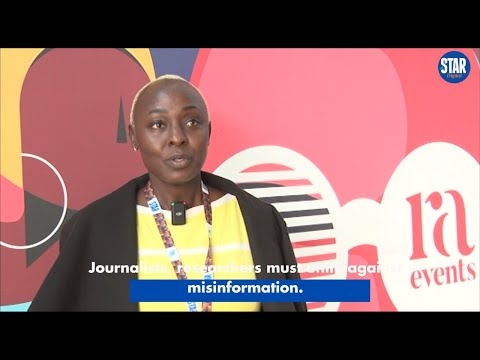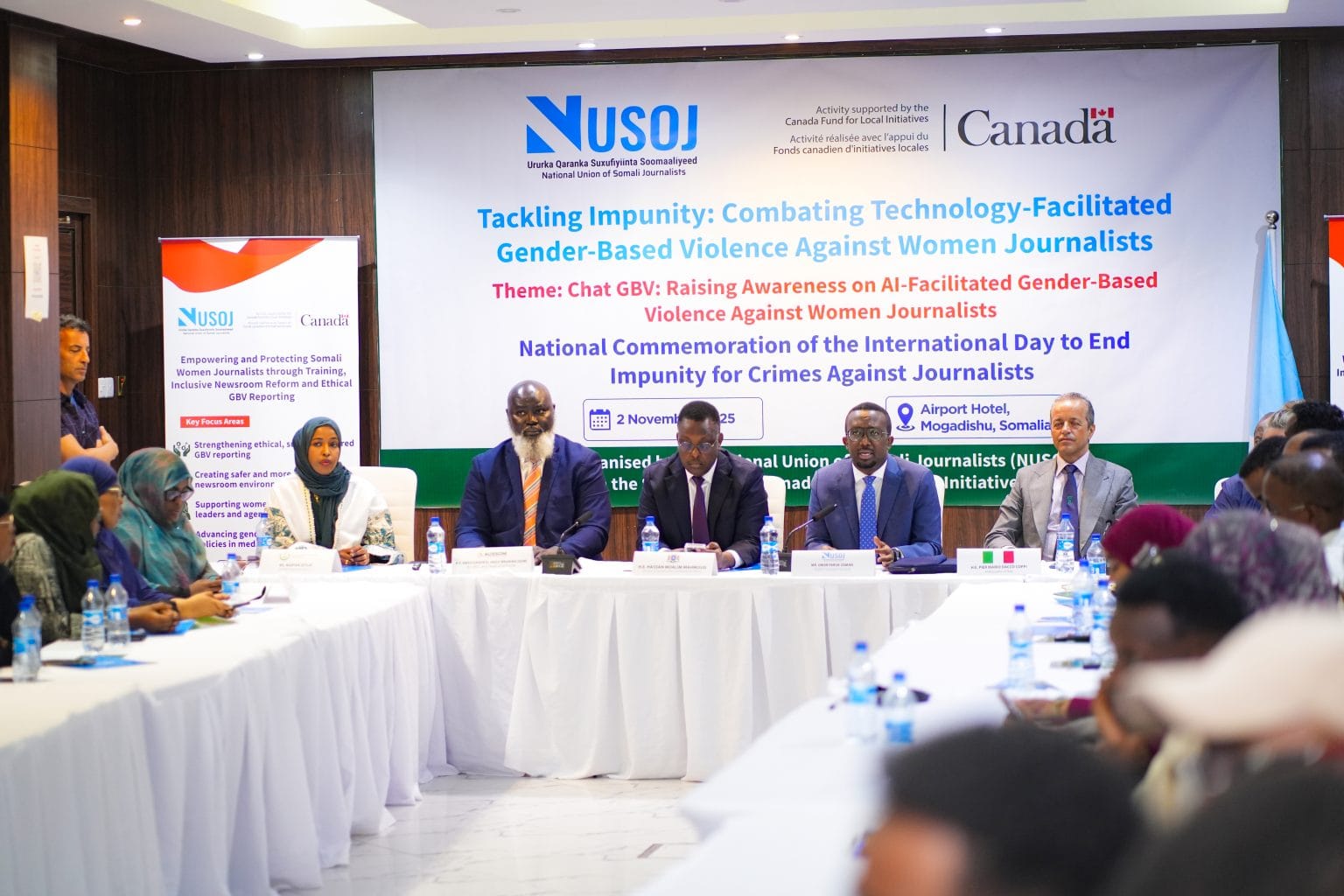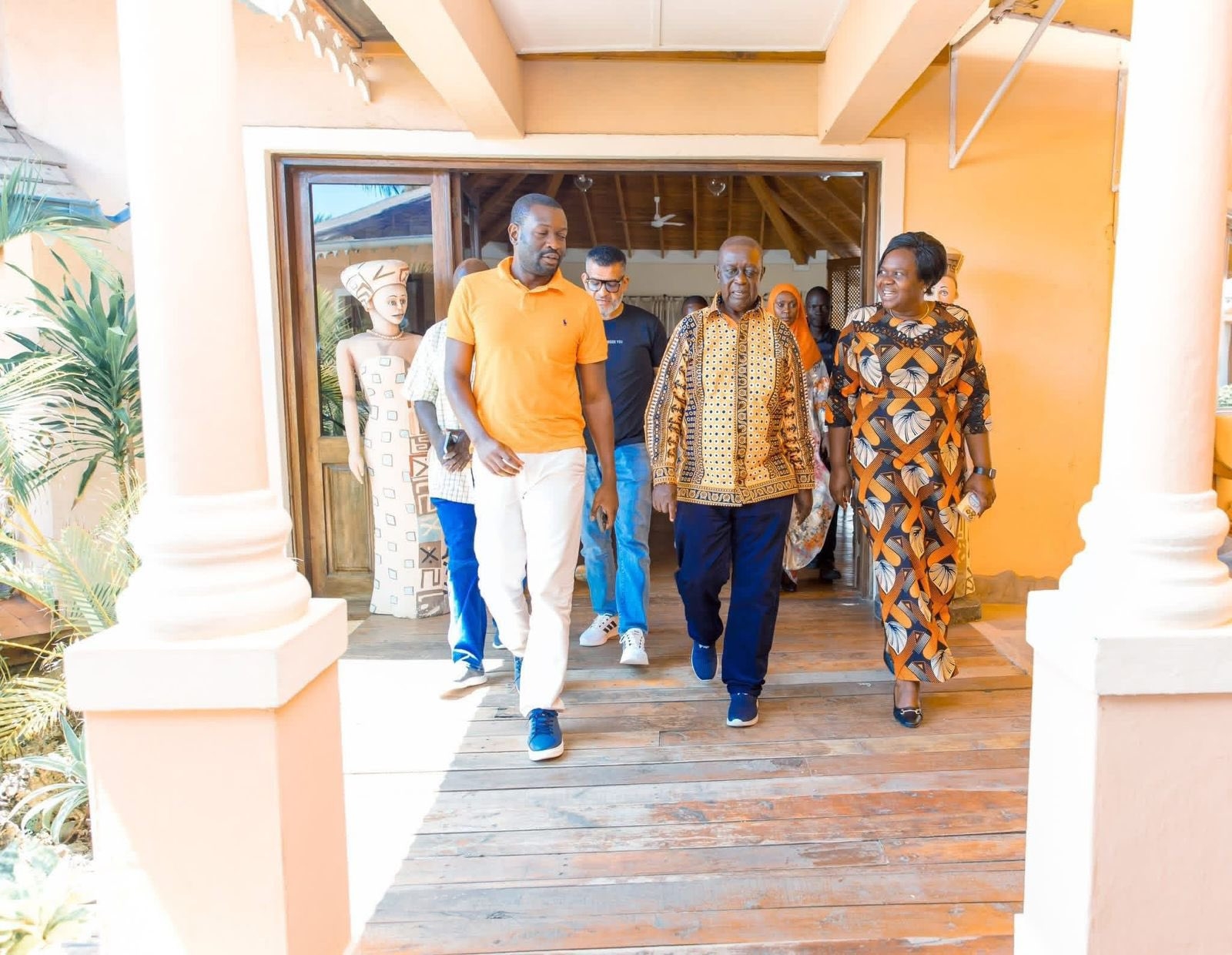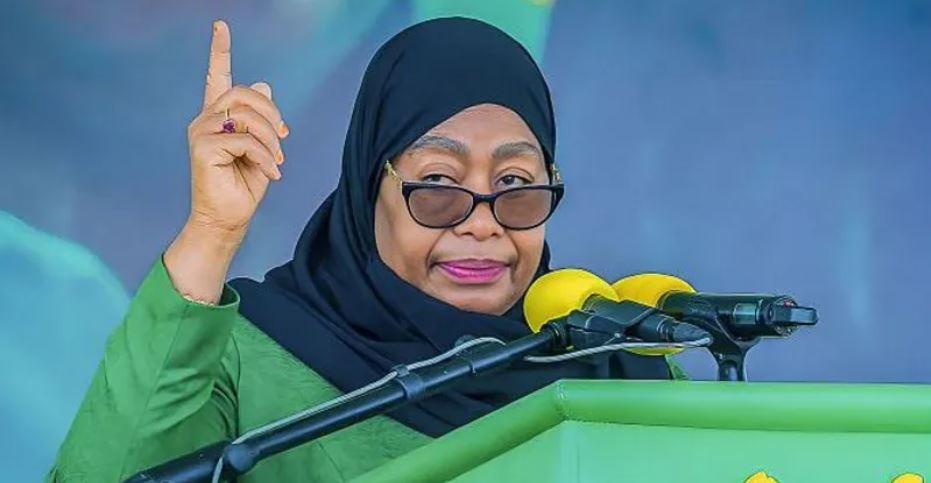

Somalia marked the International Day to End Impunity for Crimes Against
Journalists with renewed calls for justice, accountability and stronger
protection for women journalists.
The national commemoration, organised by the National Union of Somali
Journalists (NUSOJ) and supported by the Canada Fund for Local Initiatives
(CFLI) through the Canadian High Commission in Nairobi, was held under the
theme: “Tackling
Impunity: Combating Technology-Facilitated Gender-Based Violence Against Women
Journalists.”
The event brought together government officials, diplomats, UN agencies,
civil society and media professionals, underscoring the urgent need to uphold
press freedom in Somalia.
Minister of Justice and Constitutional Affairs Hassan Moalim Mahmoud opened
the ceremony, reaffirming the government’s resolve to end impunity for crimes
against journalists.
He announced that Somalia is reviewing its 60-year-old Penal Code, long
criticised for restricting media freedom.
“This Penal Code will change,” he said.
“It will protect journalists and uphold your rights and freedoms.”
International partners expressed support for Somalia’s efforts. In a solidarity
message, German Ambassador Sebastian Groth said Germany remains committed to
media freedom and accountability, noting its contribution to the Global Media
Defence Fund, which has supported NUSOJ.
Canada’s Ambassador-designate to Somalia, Joshua Tabah, speaking virtually,
highlighted Canada’s commitment to gender equality and the safety of women
journalists.
He said Canada, through CFLI, is helping Somali media institutions address
gender-based violence and foster safer newsroom environments.
Italian Ambassador Pier Mario D’Acci and African Union Special
Representative Ambassador El Hadji Ibrahima Diene also reaffirmed their
institutions’ support for journalist safety and media rights in Somalia.
UNESCO Regional Adviser Misako Ito delivered the keynote address, commending
NUSOJ’s role in defending press freedom and confronting digital harassment.
She called for stronger action against online abuse and AI-driven gender-based
violence, stressing that technology must be a tool for empowerment, not
intimidation.
Panel discussions focused on digital harassment, legal reforms and
accountability mechanisms to protect women journalists.
Participants also reviewed the Media Charter on Combating Gender-Based
Violence, developed by NUSOJ and UNFPA.
NUSOJ Secretary General Omar Faruk Osman urged collective action to end
impunity, condemning online and physical attacks against women journalists as
“abhorrent acts that must never go unpunished.”
Somalia Women Journalists Association (SOMWA) Executive Director Maryan Seylac
echoed the call for justice and protection.
The event concluded with the launch of a new NUSOJ project, funded by CFLI,
aimed at building journalists’ capacity to report on gender-based violence and
promoting safer, more inclusive media workplaces.
Participants reaffirmed their commitment to work together—government, media
and international partners—to ensure journalists in Somalia can work freely,
safely and without discrimination.














